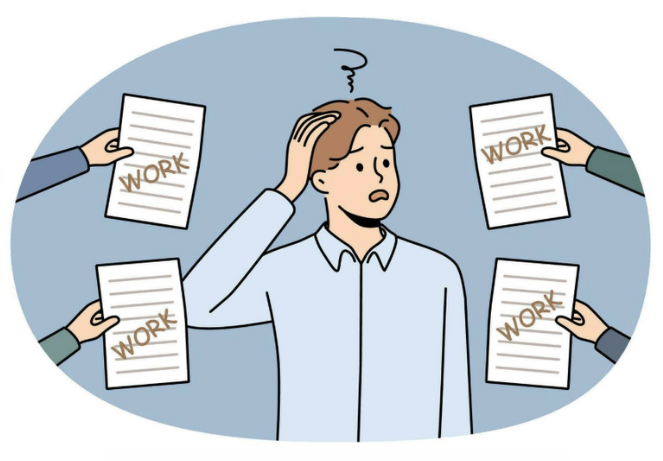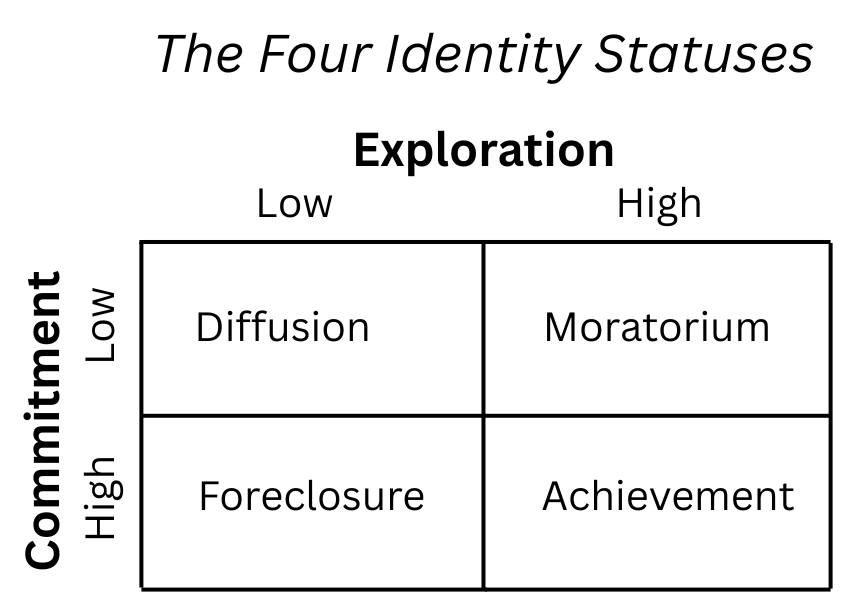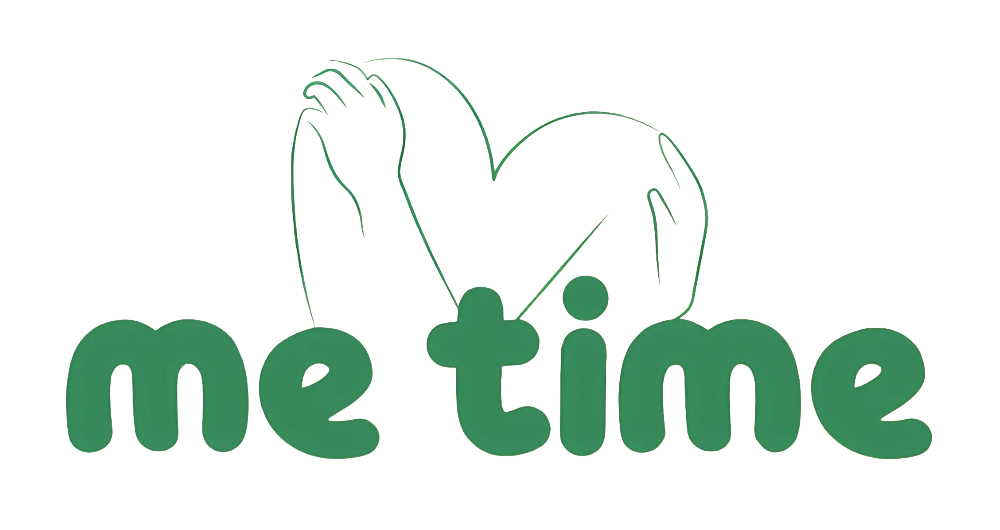
Do you know a teenager, who is feeling confused in the face of limitless job choices?
Are you a recent university graduate wondering which internship is essential for a successful career?
Or a worker with a strong resume experiencing a mid-career crisis for the first time?
It is common knowledge that work occupies roughly a third of our lives. It is said, “Love what you do and you will never work a day in your life”. However, “loving” that enormous part of our lives is a puzzling challenge for many people. It affects each person in their own way.
Personally, I started my studies on engineering, wanting to advanced my knowledge on math and construction techniques, and yet I ended up pursuing psychology as a completely different path. The process was long and full of challenges, and considering the gravity and the large role that work plays in our lives, and under the pressure of landing the perfect job, I struggled with feelings of being lost, insecure, and generally uncertain about the future. In that vulnerable state, it was easy to become distracted and discouraged.
The inspiration for the current article was ‘what would be helpful to know’ when I was in my own indecisive state, puzzling through the limitless options. The following framework is helpful for understanding and guidance that will enable a meaningful and successful job search.
The four states of identity statuses suggest that there are four distinct stages in the relationship to career choice. They depend on the level of commitment and exploration. One extreme is the diffusion stage, where a person is not ready to search for new experiences, and he/she is also unwilling to choose a career path at all, and the other extreme is the achievement stage, which is achieved after a person has gone through a series of experiments and has decided to invest their energy in a particular choice.

-
Identity Diffusion:
What is that? At that stage, there is a total lack of commitment or exploration. There is no progress in time. Possibly due to fear or failure, an inability to deal with the anxiety of searching, or a lack of interest, the individual may become lost in passivity and distractions, such as constantly scrolling on their phone or thinking that thinking alone will lead to a breakthrough. It can look like a teenager who always plays video games, or an unemployed person always looking for the perfect role to apply, and ending up procrastinating it.
How to approach it: It’s helpful to think of it more as an experiment, without the stress of having to fully commit yet. When exploring, there is no judgement in the sense of “right” and “wrong”. Even if a path leads to a dead end, it still provides information about yourself, your interests, and dislikes. This is a first attempt to gain self-acceptance and overcome the fog of inactivity. It captures the power of the famous Carl Rogers quote΄The curious paradox is that when I accept myself just as I am, then I can change.
-
Identity foreclosure:
What is that: In this stage, there is a strong commitment without any prior exploration having taken place. Due to societal expectations, school or parental pressure, a certain career path is pursued early on. It is not so difficult to give an example of a child taking over the family business in order to continue the legacy. On the one hand, this can provide an advantageous start and the opportunity to master a particular field. On the other hand, there is a risk of taking on someone else’s ambitions and alienating yourself from your own goals and desires.
As a real-life example, in Greece it is quite common for children to be ‘encouraged to select among three choices, either be a doctor, a lawyer, or an engineer’. It is advertised as a stable path to success, leaving no space for exploration.
How to approach it: Encouragement and guidance are helpful, but start questioning and exploring different alternatives, different career paths, and ways of thinking. Think about why you are so committed, who influenced it, and whether that path aligns with your own values might be uncomfortable, but from personal experience I have witnessed individuals surpass this crisis and develop a stronger, more solid sense of identity.
-
Identity moratorium:
What is that? In this stage, commitment is absent, and exploration takes its place. The individual is actively searching, looking for, and evaluating different options. This phase can be unstable and cause anxiety, but it can also provide valuable answers to the question of career aspirations.
How to approach it: Feeling anxious during this stage is completely natural and to be expected. This is not a negative sign in itself, but an inseparable part of the process. It is also worth remembering that while experimenting can feel liberating and energizing, the aim is also to discover a sensible decision to commit to and therefore lose some of that freedom.
I also remember when I had to grieve the idea of being an engineer, I was left without any clear alternative, and the anxiety that comes with it, with several negative thoughts and worrying about tomorrow. Looking back, I wish I knew that anxiety was normal, and after a series of trial and error, it would eventually go away.
-
Identity achievement:
What is that: In this stage, commitment and exploration are both present. The individual has gone through the process of self-exploration by completing various jobs, internships, seminars, volunteer work, or other helpful activities. He/she has finally narrowed down the paths and is ready to get involved.
How to approach it: This stage is more of a temporary milestone in a previous working life rather than a permanent state. Over time, values or interests may change, and someone may return to the moratorium stage to explore a different way, which was quite tricky to understand. After I found that psychology is my passion, I thought I reached the ‘identity achievement stage’ and yet there was more dilemma in the future, such as the type of master’s, specialization, and interest within the realm of psychology. I ended up swapping from identity moratorium to achievement quite a few times.
Exploration Vs Commitment

Two opposing approaches to uncertainty are exploration and commitment. By exploring different areas, you gain a better understanding of your choices, yourself, and the work environment, which reduces uncertainty by indicating a direction worth investing in. In contrast, commitment reduces uncertainty by immersing you in a particular field, developing a unique set of skills, gaining a better understanding of it, and surpassing the beginner stage.
Even though they contradict each other, it makes more sense to think of exploration and commitment as two different tools at your disposal. In the same way, you wouldn’t use a handsaw to hit a nail and a hammer to chop down a tree. So, it’s very important to understand your needs.
Quick tip: Ask yourself what do you need for the current period?
Do I feel stagnant in my position?
Do I need to take a risk and explore different options?
Do I want to invest more energy and time to master a skill?
What do I need more of: commitment or more exploration?
As a final takeaway message, a few years ago, I was doing an interactive workshop in a Dutch school with a group of artists. It was a combination of psychology, art, and education. Ultimately, it was a round of sharing, and each child made a comment. One of them gave me one that follows me to this day. He said: I didn’t know what games we would play today; it was scary, but after a while, I was okay, not to know. I learned to trust the process and move.
If an eight-year-old can learn to tolerate anxiety with patience, then there’s certainly room for growth for the rest of us.










